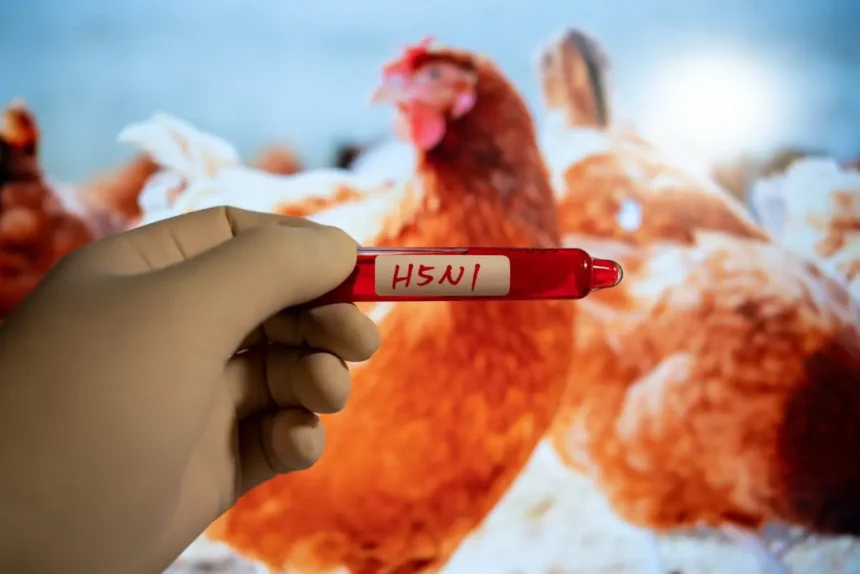The Biden administration, in a final push to shore up the nation’s pandemic preparedness before President-elect Donald J. Trump takes office, announced on Thursday that it would nearly double the amount of money it was committing to ward off a potential outbreak of bird flu in humans.
Federal health officials have been keeping a close eye on H5N1, a strain of avian influenza that is highly contagious and lethal to chickens, and has spread to cattle. The virus has not yet demonstrated that it can spread efficiently among people.
The Centers for Disease Control and Prevention says that the current risk to humans remains low, and that pasteurized milk products remain safe to consume. But should human-to-human transmission become commonplace, experts fear a pandemic that could be far more deadly than Covid-19.
On Thursday, the administration said it was committing $306 million toward improving hospital preparedness, early stage research on therapeutics, diagnostics and vaccines. About $103 million of that will help maintain state and local efforts to track and test people exposed to infected animals, and for outreach to livestock workers and others at high risk.
The Biden administration has already spent more than $1.8 billion battling bird flu since the spring of last year. Most of that, $1.5 billion, was spent by the federal Agriculture Department on fighting the virus among animals. The remainder, about $360 million, has been spent by the Health and Human Services Department on efforts to protect people, according to federal officials.
The additional funds will be distributed in the next two weeks, Dr. Paul Friedrichs, the director of the White House Office of Pandemic Preparedness and Response Policy, said in an interview Thursday.
“While C.D.C. reports that the risk to the general public is low, keeping communities healthy, safe and informed remains a top and urgent priority,” Dr. Friedrichs said.
He added that the money would go toward “existing programs that can work to improve preparedness, not just for bird flu, but for other pathogens as well.”
Thursday’s announcement comes amid a growing sense of urgency around H5N1. In mid-December, the C.D.C. confirmed the nation’s first “severe case” of H5N1 in a southwest Louisiana patient who was exposed to sick and dead birds in a backyard flock. Last month, California declared a state of emergency over bird flu in dairy cows.






